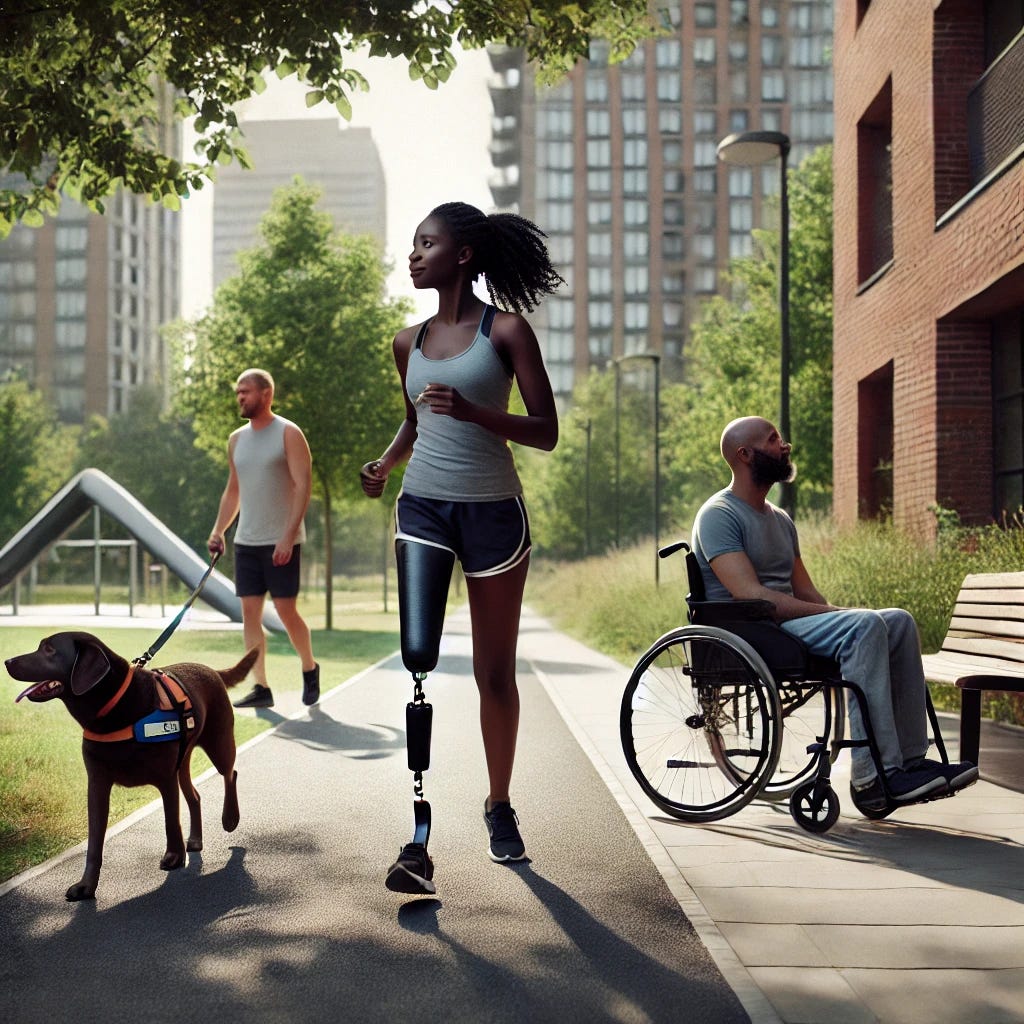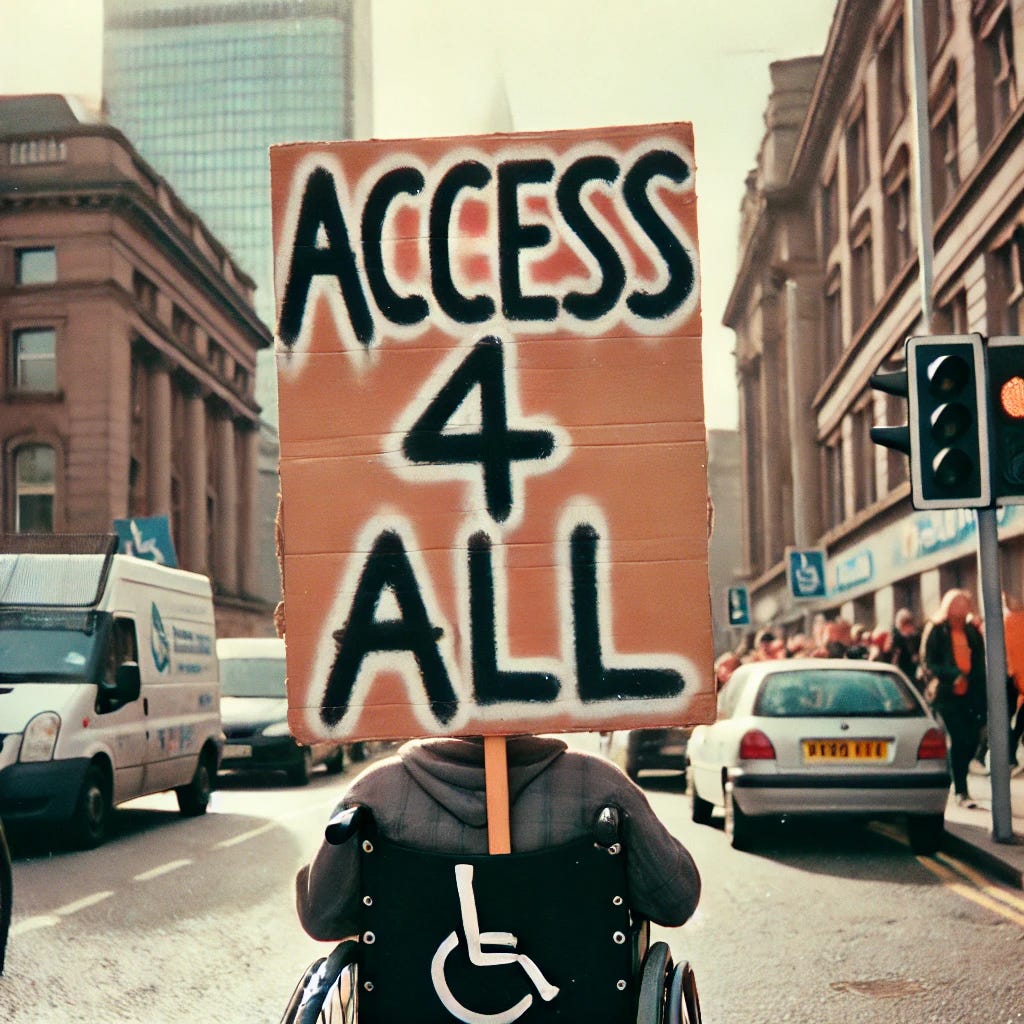🟧 Disability Rights & Accessibility
A ranked guide to advocacy groups fighting for inclusion, rights, and access for people with disabilities.
Disability rights encompass the fight for equal access, opportunities, and recognition for individuals with disabilities. That includes advocating for inclusive policies in education, employment, health care, and public spaces.
The organizations listed here provide valuable resources for activism, including ways to get involved, educational materials, and community support.
About These Advocacy Group Guides: I’ve created more than 60 issue advocacy guides to help people connect with effective organizations and take meaningful action. If you’re interested in other issues, you can explore them all here: Advocacy Groups by Issue.
American Association of People with Disabilities (AAPD)
AAPD champions the rights of individuals with disabilities through advocacy, leadership development, and grassroots mobilization, making it a key player in progressive movements.
National Disability Rights Network (NDRN)
NDRN provides legal advocacy and protection for people with disabilities, focusing on systemic issues and civil rights that resonate with progressive values.
Disability Rights Advocates (DRA)
DRA uses litigation to promote disability rights and challenge discrimination, often aligning its efforts with broader social justice initiatives.
The Arc advocates for individuals with intellectual and developmental disabilities, promoting inclusive policies that reflect progressive ideals of equity and justice.
National Federation of the Blind (NFB)
NFB works to empower blind individuals through advocacy and education, highlighting issues that intersect with civil rights and social justice.
UCP focuses on advocating for the rights of individuals with cerebral palsy and other disabilities, pushing for policies that promote inclusion and equity.
American Council of the Blind (ACB)
ACB advocates for the rights of blind and visually impaired individuals, emphasizing social justice and accessibility in all areas of life.
Autistic Self Advocacy Network (ASAN)
ASAN is a grassroots organization run by and for autistic individuals, advocating for self-determination and rights within the broader context of disability justice.
National Association of the Deaf (NAD)
NAD fights for the rights of deaf and hard-of-hearing individuals, advocating for access and equity, which aligns with progressive principles of inclusivity.
Brain Injury Association of America (BIAA)
BIAA advocates for individuals with brain injuries, raising awareness and promoting policies that reflect a commitment to social justice and health equity.
Top Disability Rights Issues
Accessibility: Advocating for universal design in public spaces, websites, and transportation to ensure equal access for all individuals.
Employment Discrimination: Pushing for equitable hiring practices and workplace accommodation, challenging systemic barriers that prevent people with disabilities from thriving.
Health Care Access: Ensuring that health care is accessible and affordable for individuals with disabilities, advocating for policies that dismantle health inequities.
Education Rights: Promoting inclusive educational practices and advocating for the rights of students with disabilities to receive quality education in mainstream environments.
Housing Rights: Fighting against discrimination in housing and advocating for affordable, accessible living options for individuals with disabilities.
Voting Access: Ensuring accessible voting methods for individuals with disabilities and advocating for protection against disenfranchisement.
Transportation: Advocating for accessible public transportation systems and equitable mobility options for individuals with disabilities.
Social Security and Economic Support: Promoting fair access to social security benefits and economic support, advocating for policies that uplift disabled individuals.
Assistive Technology: Advocating for the availability of affordable assistive technologies that empower individuals with disabilities to engage fully in society.
Mental Health Rights: Promoting access to mental health resources and advocating against stigma, ensuring individuals with mental health conditions receive the support they need.



